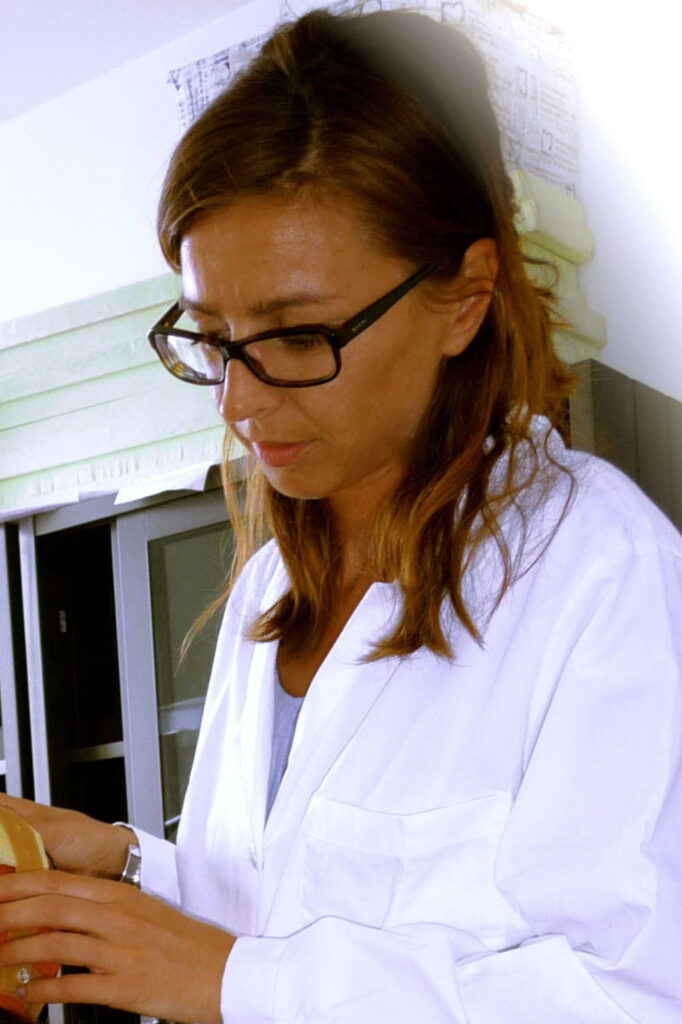
Clinical Neuroscience
Full Professor of Neuropsychology and Cognitive Neuroscience (PSIC-01/B)
Dept. Psychology, University of Milano Bicocca
ORCID ID: 0000-0002-2921-8658
SCOPUS Author ID: 22939946700
Nadia Bolognini is the author of more than 190 scientific publications in international peer-reviewed journals with more than 6905 citations, and Author or Editor of 4 national volumes and 1 international handbook (https://sk.sagepub.com/hnbk/edvol/the-sage-handbook-of-cognitive-and-systems-neuroscience-vol-2/toc)
H Index 41 (Scopus)
Current positions
- Full Professor of Neuropsychology & Cognitive Neuroscience, SSD: PSIC-01/B, Department of Psychology, University of Milano-Bicocca (since 2021)
Director of the School of Specialization in Neuropsychology, Department of Psychology, University of Milano-Bicocca (since 2023)
President of the Italian Society of Psychophysiology & Cognitive Neuroscience (since 2023)
Director of the Laboratory of Research in Neuropsychology, IRCCS Istituto Auxologico Italiano, Milan (since 2021)
Director of the Neuropsychology and Clinical Psychology Service, Department of Neurorehabilitation, IRCCS Istituto Auxologico Italiano (since 2023)
Member of the Technical Table of Neuropsychology at the National Council of the Order of Psychologists (since 2021)
Education
- PhD in General and Clinical Psychology, University of Bologna (2005)
Licensed to practice as a psychologist (2004)
Master degree in Psychology, University of Bologna; Graded 110/110 and the distinction of cum laude (2001)
Scientific interests
- Study of cognitive and sensory processes and their neurophysiological correlates in the human brain and neurological diseases
Rehabilitation of cognitive and sensorimotor functions by means of behavioral, multisensory approaches
Non-invasive brain stimulation
Brain plasticity
Clinical, experimental and forensic neuropsychology
Suggested topics for PhD research projects
- Study of human brain plasticity in normal, pathological and deafferentation conditions: neurophysiological mechanisms and induction methods for therapeutic purposes
Neuropsychology of vision, multisensory integration, spatial cognition, social cognition, writing, behavioral disorders
Development of diagnostic and rehabilitation tools for neurological patients
Forensic neuropsychology
Additional details
Nadia Bolognini